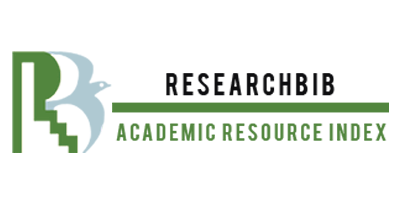Analyse des déterminants de la performance économique des producteurs de coton dans le nord du Bénin : accès aux ressources, pratiques agricoles et soutien institutionnel
DOI:
https://doi.org/10.5281/zenodo.13957355Keywords:
Cotton, agro-economic performance, socio-economics, agricultural credit, Northern Benin, sustainability.Abstract
This study examined the socio-economic characteristics and agro-economic performance of cotton producers in the municipalities of Banikoara, Gogounou, and Kandi in Northern Benin. Using statistical analyses, including the Kruskal-Wallis and Wilcoxon tests, the study explored the relationships between the producers' characteristics (gender, education level, access to credit) and their agricultural practices.
The producers were predominantly male (96.3%) and married (92.8%), with strong participation in agricultural groups (100%). 62.3% benefited from agricultural credit, and 91% used plant protection equipment, although agroforestry was poorly adopted (5.3%). The annual income of the majority of households (54.6%) ranged from 100,000 to 1,000,000 FCFA.
The results showed a significant relationship between gender and equipment rental expenses, with men spending less than women. Additionally, education level significantly affected spending on organic fertilizers, with more educated producers spending less. Finally, access to agricultural credit was associated with lower crop losses and better cotton marketing.
These results highlighted the importance of socio-economic factors in the performance of cotton producers and offered insights to improve productivity and sustainability in this region.
Downloads
Published
How to Cite
Issue
Section
License

This work is licensed under a Creative Commons Attribution-NonCommercial-NoDerivatives 4.0 International License.


















